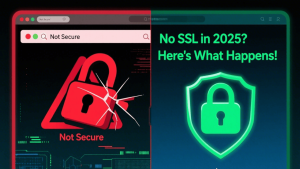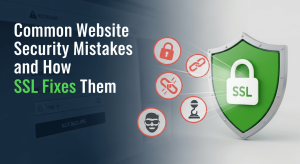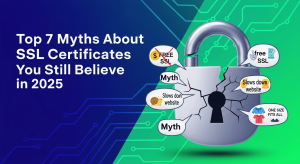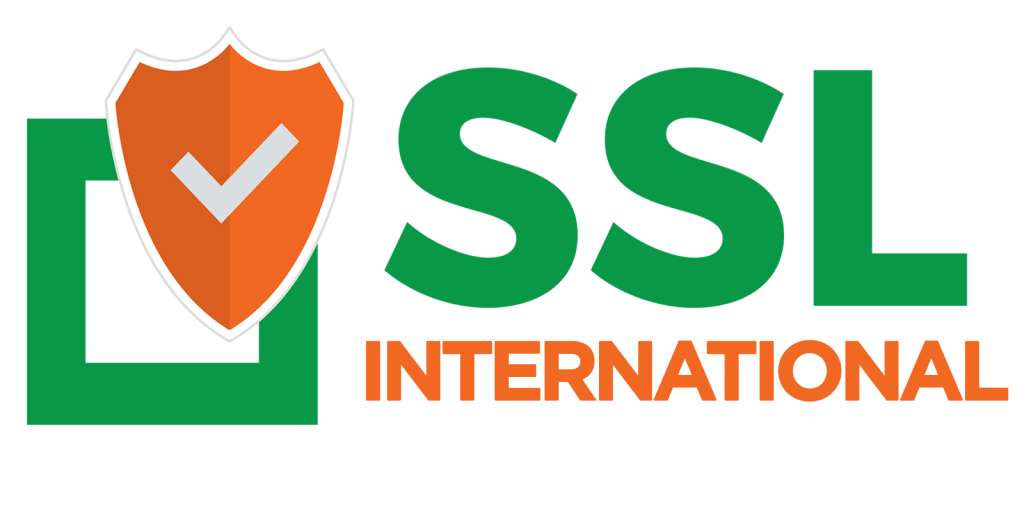- sales@sslinternationalstore.com







SSL International as a Digital Asset Protector provides a safer online experience service solution. Providing Premium SSL certificate products, Email signing such as S/MIME and Verified Mark Certificate (VMC), as well as SOC for Small-Medium Business. SSL International is a Global Platinum Partner of the world's leading Certification Authorities (CA) including Digicert, Symantec, GeoTrust, Thawte, RapidSSL, Globalsign and Sectigo Formely Comodo CA.
Unit 11.01 Menara K1, No. 1 Lorong 3/137C off Jalan Klang Lama, 58200 Kuala Lumpur, Malaysia
Copyright @ 2025 sslinternationalstore.com. All right reserved